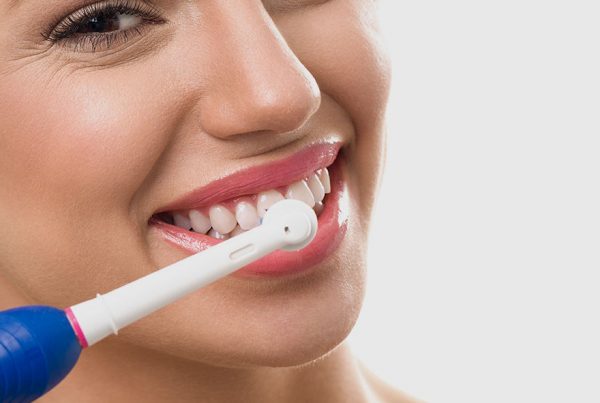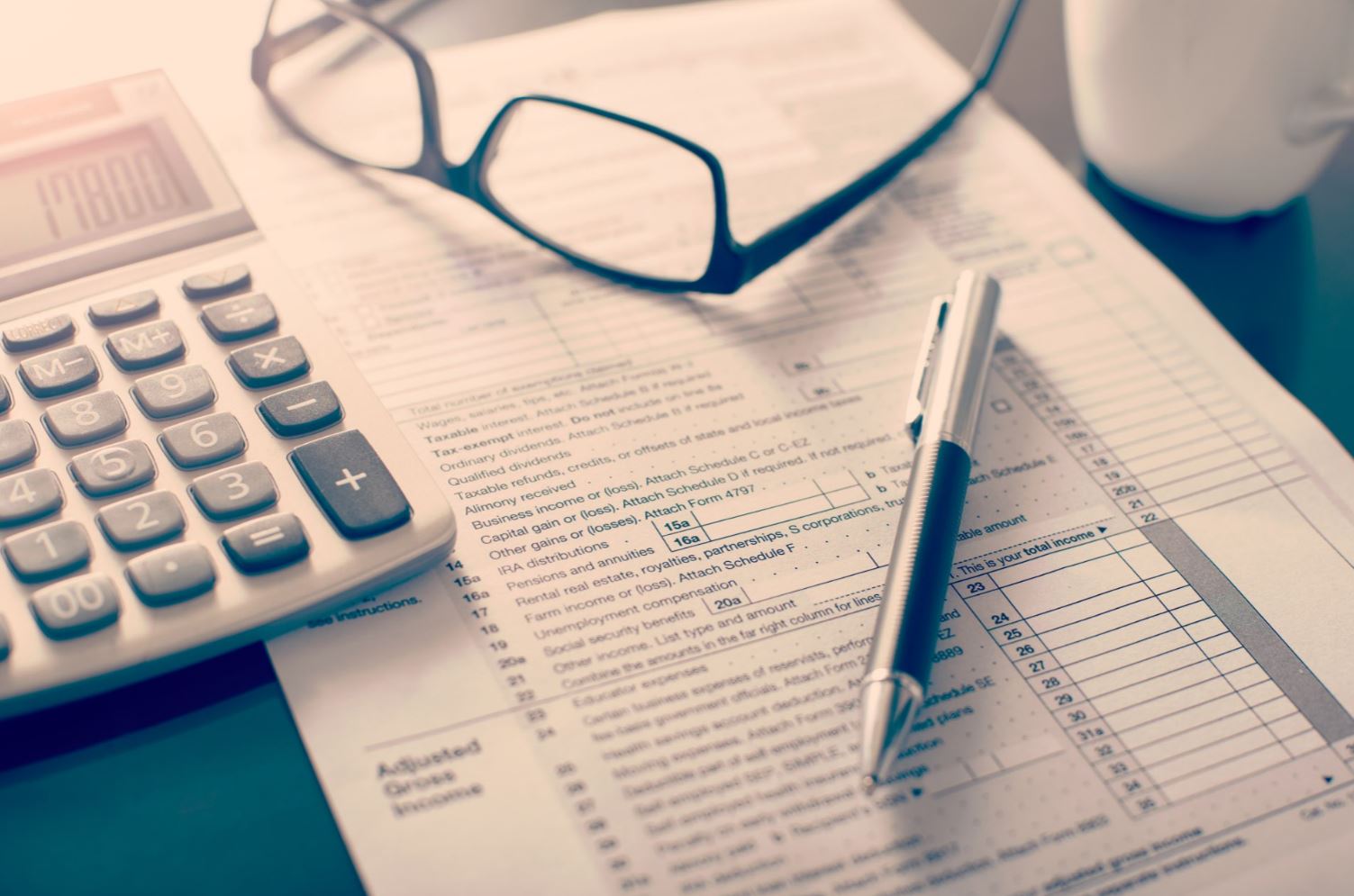When you have treatment with a dentist on the NHS, NHS dental charges may apply. The NHS subsidise the treatment and standardise the costs across England and Wales. So if you are having NHS dental treatment in England or Wales, the fees will be the same wherever you go. For April 2018, the government have decided to increase the cost of dental treatment on the NHS by 5% to patients who pay for the service. The fees below are correct for the tax year starting April 2018 until April 2019.
• Emergency dental treatment: £21.60
This covers pain relief or maybe an emergency filling.
• Band 1: £21.60
This includes examinations, x-rays and a simple clean if required. Be aware that if deep cleaning is required for treatment of gum disease, this is not included within Band 1. This is likely to be a Band 2 treatment.
• Band 2: £59.10
This NHS dental charge includes the majority of treatments. Fillings, root canal fillings and tooth extraction. If you have ‘Band 1’ treatments, this is included in the ‘Band 2’ price. You don’t have to pay for your ‘Band 1’ and ‘Band 2’ separately if it is all part of the same course of treatment.
• Band 3: £256.50
This includes everything in ‘Band 1’ and ‘Band 2’ as well as crowns, dentures (removable false teeth) and other work that needs to be made by a dental laboratory.
Not all treatment can be provided by every NHS dentist. For example, certain root canal treatments or extractions may be too complex for your dentist who may need to refer you to another dentist or hospital. Depending on local funding, this may be on the NHS or outside of the NHS where costs will vary.
What treatments are not available on the NHS?
• Cosmetic treatments. Treatments such as teeth whitening are not available on the NHS. The NHS will not subsidise treatment that is not necessary for the health of your teeth and mouth.
• Braces for adults. The cut off point for braces on the NHS is 18 years old.
• Dental implants. Dental implants are a great way to replace missing teeth. Due to cost, the NHS rarely subsidise treatment with dental implants. People born without many permanent teeth will sometimes be eligible for treatment with dental implants on the NHS.
Do I have to pay for my child to see the dentist?
No, you do not. NHS dental check ups and treatment are free for all children until the age of 18 years old. This includes pretty much everything from fissure sealants to extractions.
What about braces on the NHS?
Some children can have braces on the NHS to correct their bite. It depends on how crowded their teeth are. This can be assessed by an orthodontist (a dentist who is a specialist with braces). A good time to be assessed for braces is often around the age of 11 or 12 years old. This is the time when most or all of the baby teeth have fallen out and have been replaced. However, this varies for each individual child so it is important that your child has a check up every 6 months to monitor their development.
If you child is not eligible for braces on the NHS, there are options outside of the NHS that you may wish to explore.
Keep updated with the Online Dentist newslettersign up today
Recent Articles
 Tooth brushing is the best way we have to remove bacteria from our mouths. The majority of problems with your teeth are caused by bacteria. Bacteria making holes. Bacteria damaging...
Tooth brushing is the best way we have to remove bacteria from our mouths. The majority of problems with your teeth are caused by bacteria. Bacteria making holes. Bacteria damaging...
 This article is all about toothpaste, what should be in it and why you should use it when brushing your teeth. Forgive me but I'm going to start out with...
This article is all about toothpaste, what should be in it and why you should use it when brushing your teeth. Forgive me but I'm going to start out with...




